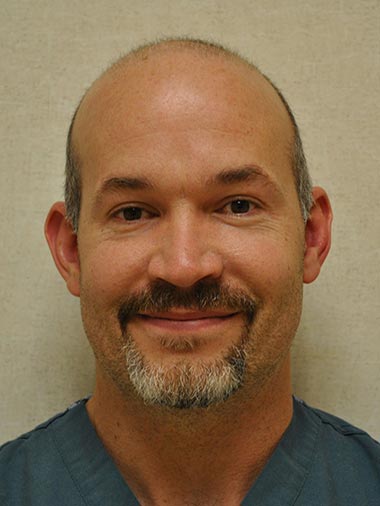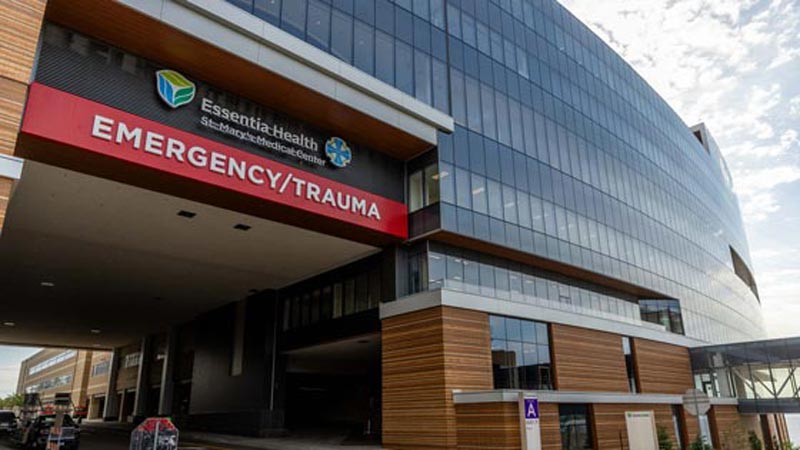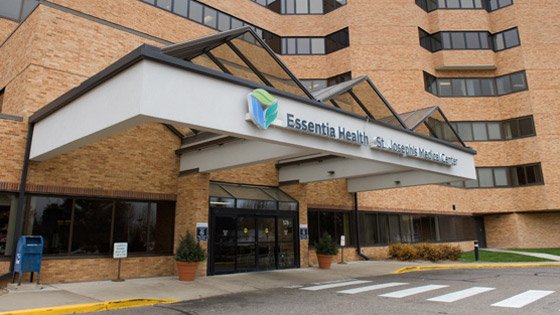High Risk Breast Cancer Care
The Essentia Health High-Risk Breast Cancer Program focuses on helping patients understand their risk for developing breast cancer. After a thorough history, examination and education session, patients and the Breast Health Program provider partner together to form a personalized plan of care.
Ask for a Referral
You'll need a referral from your primary care provider or a specialist for this service.





Who should be evaluated in the High-Risk Breast Cancer Program?
- Women who have:
- Several close relatives on the same side of the family with breast cancer
- A mother, sister or daughter with breast cancer at age 50 or less
- Two first degree relatives (mother, sister or daughter) with breast cancer at any age on the same side of the family
- A close male relative with breast cancer at any age
- If you or a close family member have an abnormal gene that increases the risk of breast cancer
- If you have had a breast biopsy with abnormal cells such as, atypical ductal hyperplasia (ADH), atypical lobular hyperplasia (ALH) or lobular carcinoma in situ (LCIS)
- If you have had radiation treatments to the chest area under the age of 30 for Hodgkin's Disease or lymphoma
- Women who took DES (diethylstilbestrol) in the 1940's to 1960's to prevent miscarriage
What happens during my visit?
The initial assessment is done in a one-hour appointment with a Breast Health Program provider. During that appointment, the following takes place:
- Risk factors are reviewed and breast cancer risk is calculated using tools that predict the 5-year, 10-year and lifetime risk of developing breast cancer.
- A clinical breast exam is performed and breast self-awareness measures are reviewed
- Imaging is completed as indicated
- Genetic counseling, breast surgeon or gynecologist evaluations may be recommended and a referral can be made
- Patient education about breast cancer risk factors, protective factors, early detection, prevention and risk reduction.
- A mutually agreed upon plan of care is developed
Lower Your Breast Cancer Risk
You can control some of your breast cancer risk factors. To lower your risk of developing breast cancer, make healthy lifestyle choices.
- Keep a healthy weight
- Having excess body weight after menopause increases breast cancer risk. Staying at a healthy weight throughout your life can help decrease your risk.
- Make exercise part of your routine
- Regular exercise decreases a woman’s risk of breast cancer, especially in post-menopausal women. Aim for 150 to 300 minutes of moderate intensity activity, or 75 to 150 minutes of vigorous intensity activity each week.
- Limit how much alcohol you drink
- Don't drink more than one alcoholic drink per day. Women who have 2-3 drinks per day have a 20% higher risk of breast cancer.
- Limit hormone use for symptoms of menopause
- Hormone therapy with estrogen and progesterone increases the risk of breast cancer. Higher risk is associated with longer use.
- Breastfeed if you can
- Breastfeeding for a year or more has been shown to decrease a woman’s risk of breast cancer.
- Don’t smoke or vape
- If you smoke, talk with your primary care provider about options for quitting. Some studies have found that long-term, heavy smokers might have a slightly higher risk of developing breast cancer.
-
Breast Health
Partner with Essentia Health to protect your health with routine breast exams and routine screening mammograms to detect breast cancer.